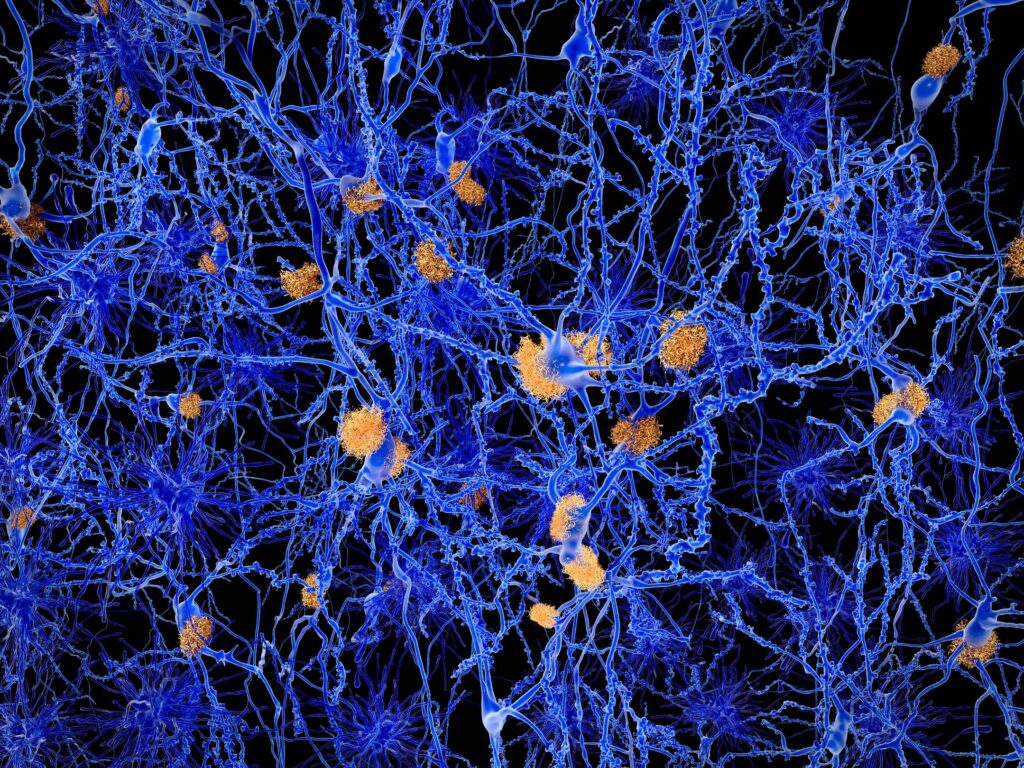Understanding the Limitations of Alzheimer’s Plaque-Attack Drugs
In recent news, the withdrawal of aducanumab—a drug aimed at treating early-stage Alzheimer’s disease—has raised questions about the efficacy of drugs targeting amyloid plaque buildup in the brain. This setback, alongside the delayed FDA decision on a similar drug, prompts deeper scrutiny of the challenges of combatting Alzheimer’s disease.
Historical Context
Despite significant investments in research, Alzheimer’s treatments have yielded modest results. Early medications focused on alleviating symptoms rather than addressing the disease’s root causes, resulting in limited effectiveness. These drugs failed to impede the destructive progression of nerve circuitry degradation in the brain, which is characteristic of Alzheimer’s disease.
The Promise and Shortcomings of Plaque-Attack Drugs
Aducanumab and related drugs emerged to target amyloid plaque—a sticky substance believed to contribute to Alzheimer’s cognitive decline. However, their clinical benefits have been underwhelming. Though theoretically sound, the approach of removing amyloid plaque from patients’ brains has not translated into substantial improvements in patient well-being.
Examining Clinical Trials
Despite achieving statistical significance in clinical trials, the observed cognitive improvements from plaque-attack drugs were minimal and likely influenced by various factors, including the placebo effect. Patients receiving these drugs demonstrated only marginal enhancements in cognitive function, challenging the initial optimism surrounding these treatments.
The Complexity of Alzheimer’s Disease
Research suggests that amyloid plaque accumulation may not be the most reliable indicator of Alzheimer’s progression. Instead, neurofibrillary tangles—mainly composed of a tau protein—appear to correlate more closely with cognitive decline. This insight raises questions about the singular focus on amyloid plaque in drug development.
Challenges and Considerations
Concerns regarding adverse effects, such as brain bleeding and swelling associated with plaque-attack drugs, further complicate their utility. Additionally, genetic factors, such as the APOE4 variant, may influence individual responses to these treatments, highlighting the need for personalized approaches in Alzheimer’s drug development.
Looking Ahead
A comprehensive understanding of Alzheimer’s pathology is essential for developing effective treatments. Researchers emphasize the importance of transparency in sharing clinical trial data to facilitate a deeper analysis of drug efficacy and safety.
Conclusion
In light of recent developments, stakeholders must reevaluate strategies for combating Alzheimer’s disease. Continued research collaboration and data sharing are paramount in advancing our understanding and treatment options. MedPro Disposal remains committed to supporting initiatives to address Alzheimer’s disease and encourages ongoing dialogue and innovation in this critical area of healthcare.
For more information on Alzheimer’s disease and related healthcare topics, visit MedPro Disposal’s resource center.



